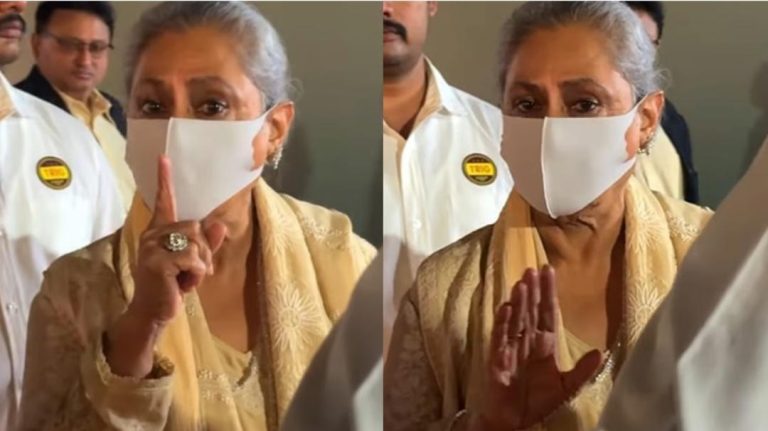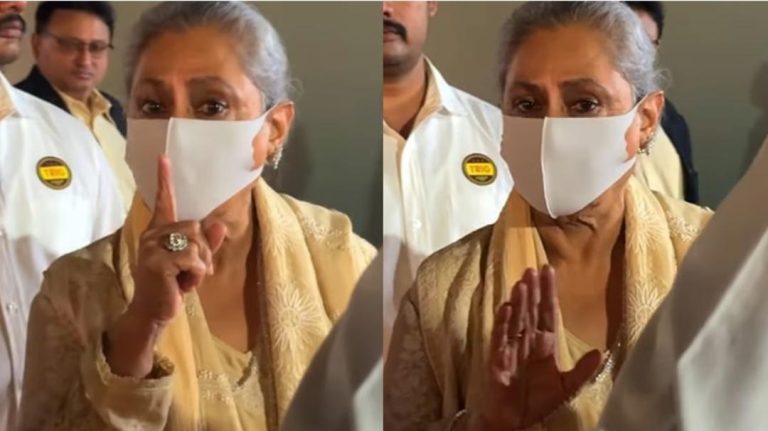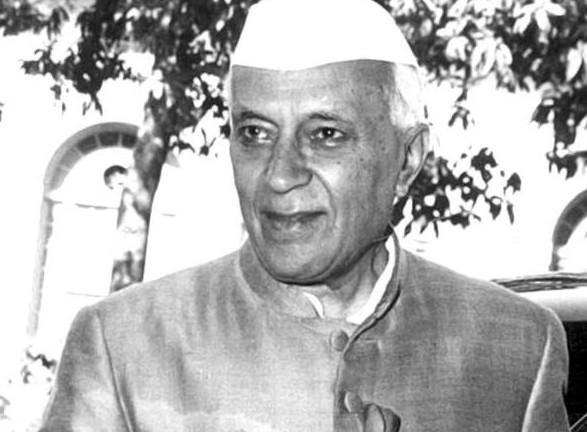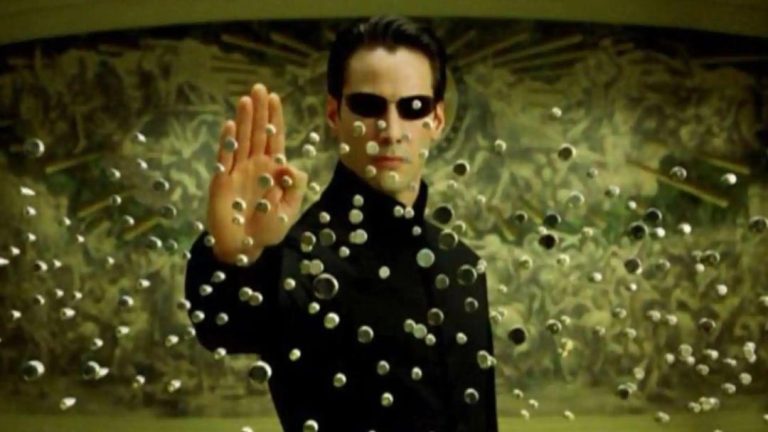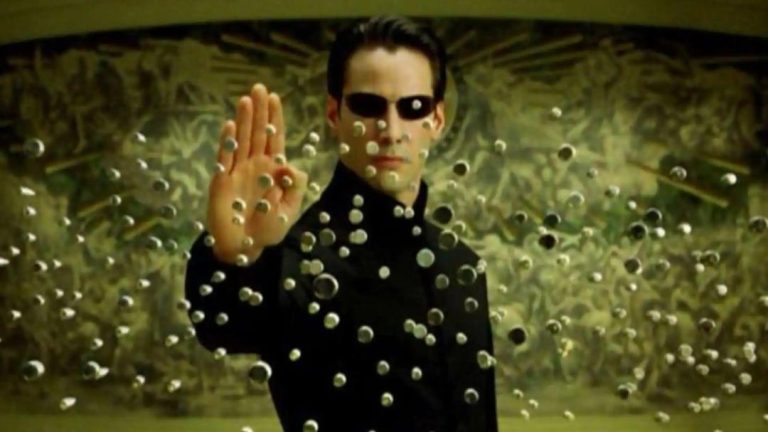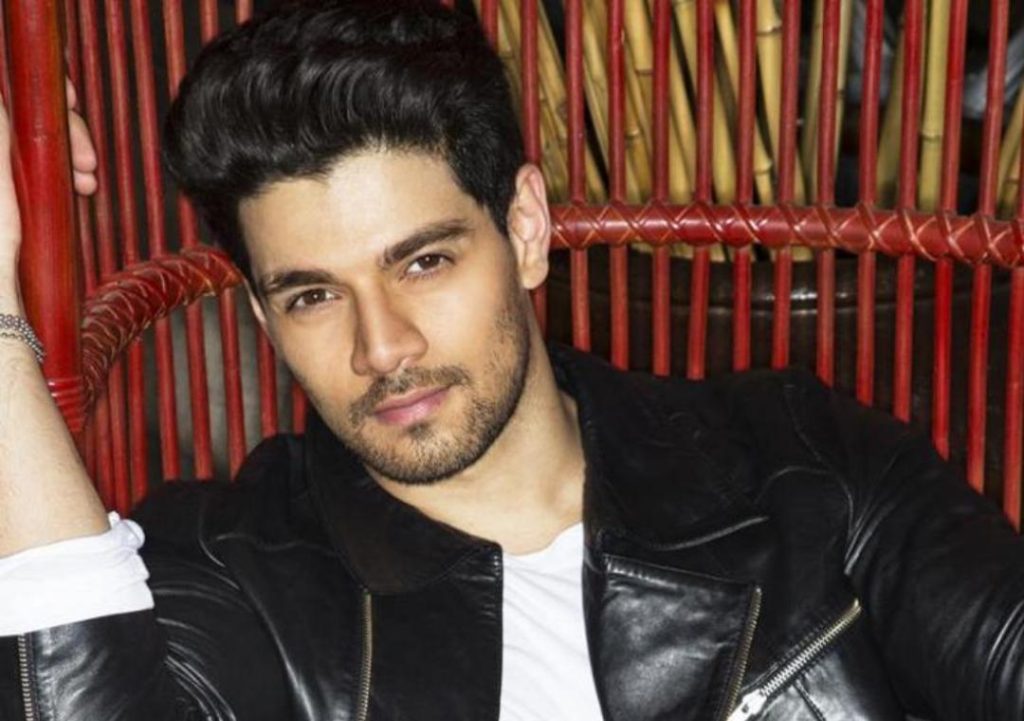
No Solidarity among Today’s Generation of Actors: Sooraj Pancholi
In an era where social media has connected people across the globe, it’s disheartening to hear that the once-thriving sense of camaraderie in Bollywood is slowly fading away. Actor Sooraj Pancholi recently expressed his concerns about the lack of solidarity among today’s generation of actors, saying that it’s a rare phenomenon to find someone who genuinely has each other’s backs.
Sooraj’s comments were made in an interview with News18, where he reflected upon the unity shared by the older generation of actors. “My father Aditya Pancholi, Jackie Shroff, Sanjay Dutt…those guys had each other’s backs…that bond is rare now,” he said. This sentiment is echoed by many in the industry, who feel that the sense of brotherhood and unity that once defined Bollywood is slowly disappearing.
Sooraj’s generation, which includes actors like Ranveer Singh, Ranbir Kapoor, and Shahid Kapoor, are often criticized for their perceived lack of unity and support for one another. While some may argue that this is an unfair generalization, Sooraj’s words serve as a stark reminder of the changing dynamics in the industry.
The reasons for this decline in solidarity are multifaceted. For one, the exponential growth of social media has created a sense of isolation and competition among actors. In an era where everyone is constantly vying for attention and validation, it’s easy to get caught up in the rat race and forget about the importance of supporting one another.
Another factor contributing to this decline is the increasing focus on individualism. With the rise of talent agencies and personal branding, actors are now more focused on promoting themselves as individuals rather than as part of a larger community. This shift has led to a sense of disconnection and fragmentation, where actors are more concerned about their own careers and interests than about supporting their peers.
Sooraj also attributed the lack of solidarity to people’s unwillingness to get involved in others’ issues. “People don’t want to get involved in anyone’s issues,” he said. This sentiment is echoed by many in the industry, who feel that actors are now more concerned about maintaining a clean public image than about standing up for what’s right.
The consequences of this decline in solidarity are far-reaching. When actors are not willing to support one another, it creates a toxic and competitive environment that can be detrimental to mental health and relationships. It also leads to a lack of accountability and a sense of isolation, where actors feel like they are alone in their struggles.
So, what can be done to revive the sense of solidarity among today’s generation of actors? For one, actors need to prioritize building meaningful relationships with their peers. This can be achieved by being more supportive and understanding, rather than competing and criticizing. Actors also need to recognize that their individual success is not mutually exclusive with the success of others.
Moreover, the industry needs to promote a culture of empathy and understanding. This can be achieved by creating opportunities for actors to bond and connect with one another, such as through charity events, workshops, and community initiatives.
Finally, actors need to recognize the importance of standing up for what’s right, even if it means going against the grain. By doing so, they can create a more supportive and inclusive environment that fosters growth and success for all.
In conclusion, Sooraj Pancholi’s comments serve as a wake-up call for the industry, highlighting the need for a change in the way actors interact with one another. By prioritizing solidarity, empathy, and understanding, we can create a more positive and supportive environment that benefits everyone involved.
